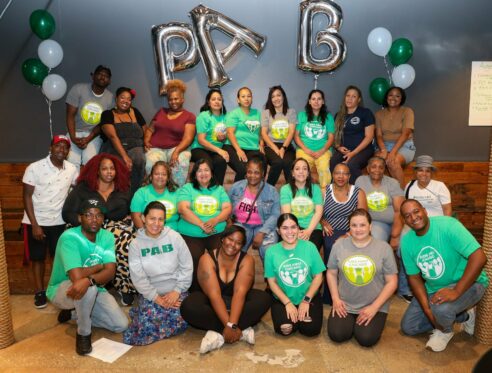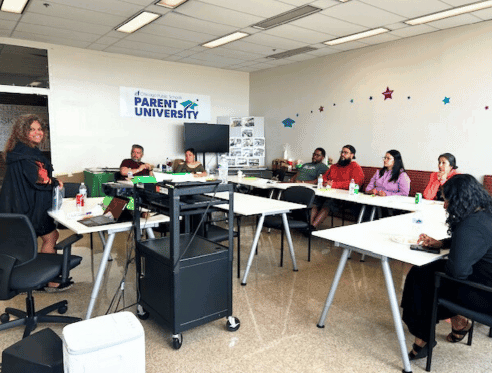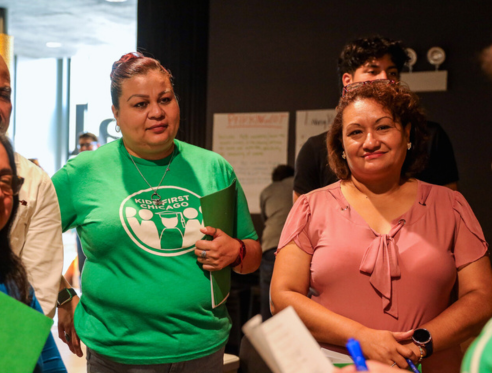“The people of Texas are informed that, in accordance with a proclamation from the Executive of the United States, all slaves are free.” This is what Major General Gordon Granger of the Union Army read to the people of Galveston on June 19, 1865.
Starting in 1866, June 19th was treated much like the 4th of July in Texas. People of all backgrounds celebrated Juneteenth, as it spread to neighboring states. The Jim Crow era clouded and briefly undermined the holiday’s significance, but Juneteenth, known to many as Emancipation Day, reemerged at the Dallas State Fair in 1950 and became a state law in 1980. (Learn more about Juneteenth in Texas here.)
Finally, in 2021, the federal government caught on, declaring Juneteenth a national holiday.
I have some feelings about July 4th that make it hard to celebrate. Juneteenth feels like a powerful alternative but it was not on my radar until just before the pandemic. Even then, celebrating felt forced when it was not a national holiday. It had the feel of our hyper-local Casimir Pulaski Day, which somehow always feels small compared to national holidays. I feel bad that I didn’t know more about Juneteenth sooner.
As Juneteenth has gained more prominence, I have found myself drawn toward it as a powerful recentering of the US collective identity – even if only for one day. It has become a milestone for celebrating the liberation of all people by remembering what it took to liberate Black people in this country. It is the one day a year that truly centers Blackness and Black people. Now as a national holiday, Juneteenth puts Black ancestry at the heart of the American psyche. It represents one step forward in our journey toward racial reconciliation for this country.
28 states have adopted Juneteenth as a state holiday. By comparison, 16 states continue to observe Columbus Day.
Sometimes progress is slow, but it is real. Real sustained change happens across generations. Our present struggles can prevent us from seeing the drawn-out arc toward justice, but it is there. Juneteenth gives me hope.
70 years ago Black children were finally allowed to attend White schools – a milestone we recently celebrated at Kids First Chicago. Progress.
We once saw less than half of our kids graduate from Chicago Public Schools. Today more than 4 out of every 5 graduate. More progress. And hope.
So as we celebrate Juneteenth, I hope you take a moment to reflect on progress and hope. Specifically the progress we have made toward a more racially equitable country and Chicago, and the hope we should all have for continuing that progress.
We still have a tremendous amount of work to do. There are constant setbacks that can feel overwhelming and crushing. But sustaining in the face of adversity is exactly what our ancestors did, against far more horrific and oppressive barriers in many cases. Their persistence and the hope they had for us are what allow us to benefit today.
It is now our generation’s responsibility to move us along the arc toward justice. We won’t likely be done when we finish our shifts, but I hope we will have seen enough progress that we can feel good about what we hand off to the generations that follow us. I hope that we will drive enough progress that we might even see small bits of that justice we are striving for.
For me, justice is closing the Achievement Gap. For others, it may be a different facet of the inequities that confound our society. But Juneteenth is quickly becoming my favorite holiday: it reminds us that progress is possible if we remain committed. Juneteenth refills our sense of hope for a better and more just world.

“The people of Texas are informed that, in accordance with a proclamation from the Executive of the United States, all slaves are free.” -Major General Gordon Granger of the Union Army read to the people of Galveston, June 19, 1865.



